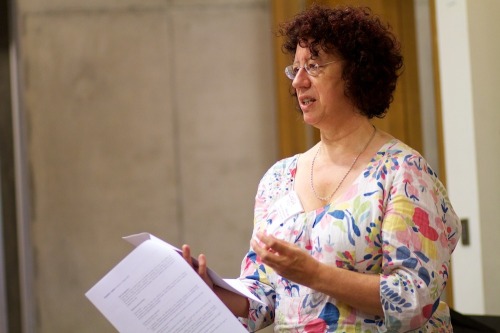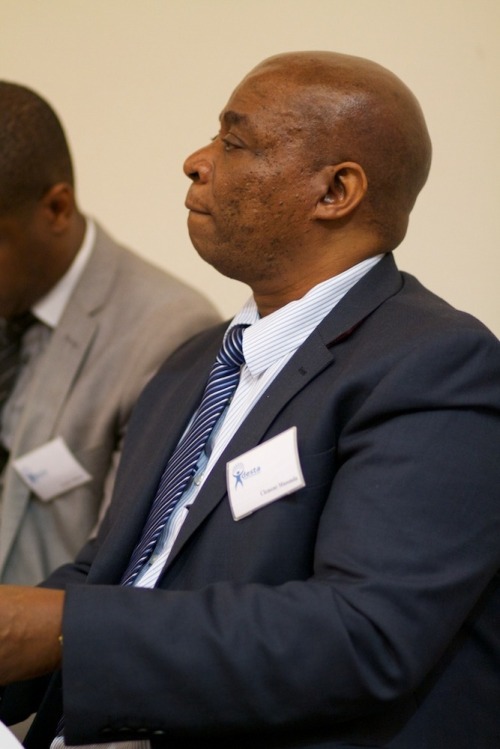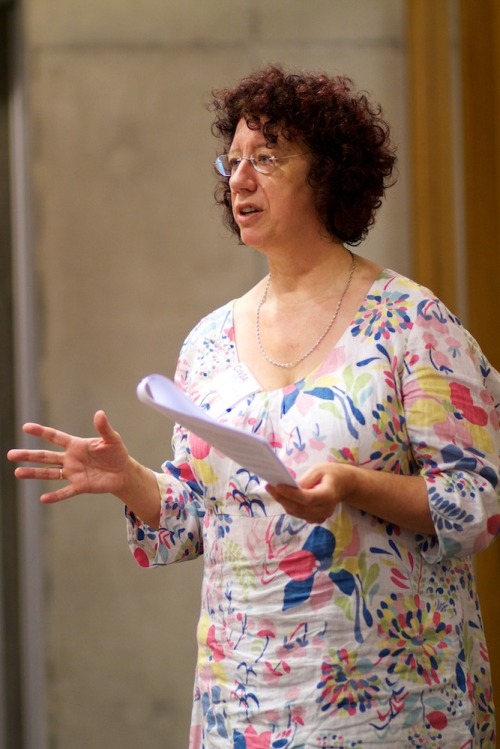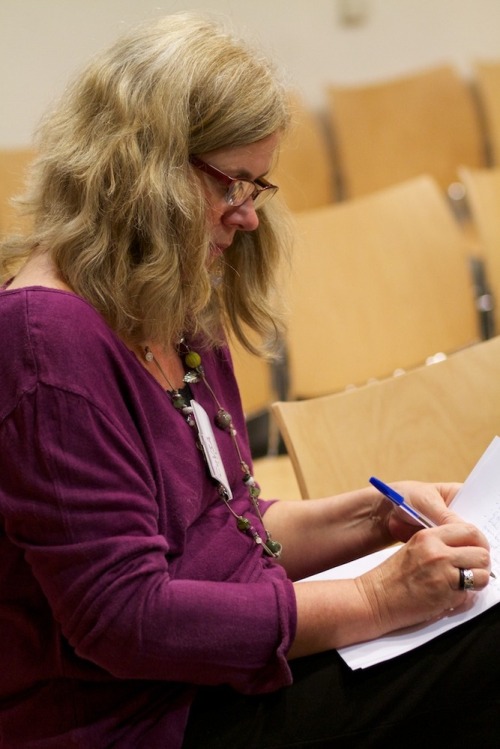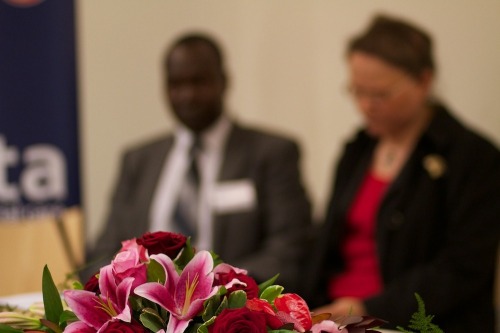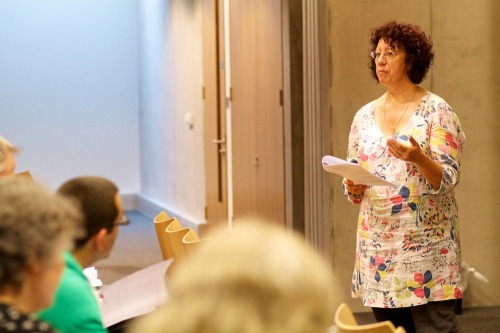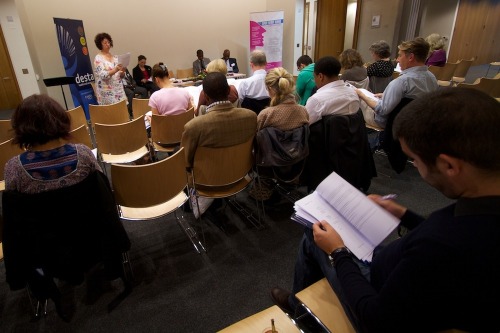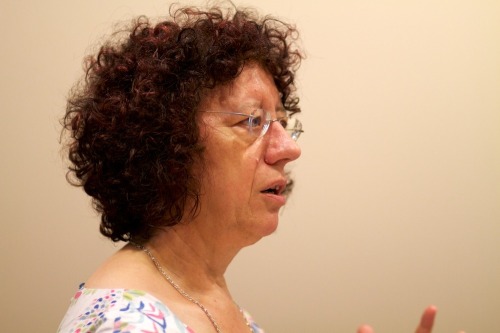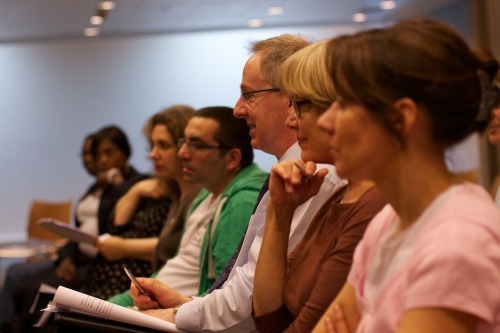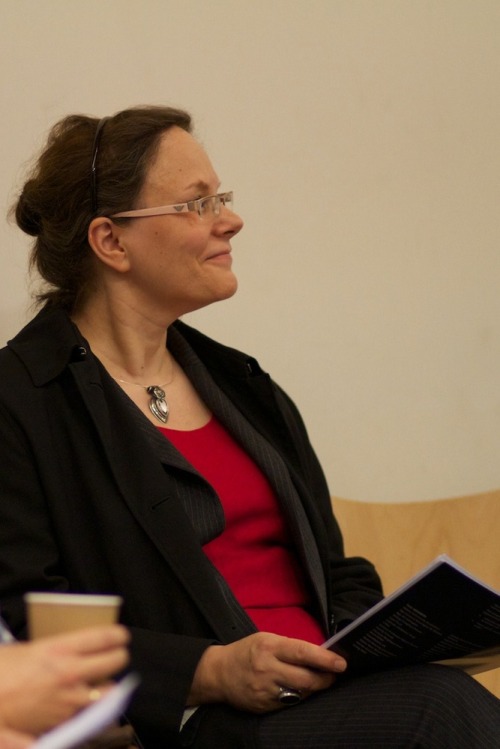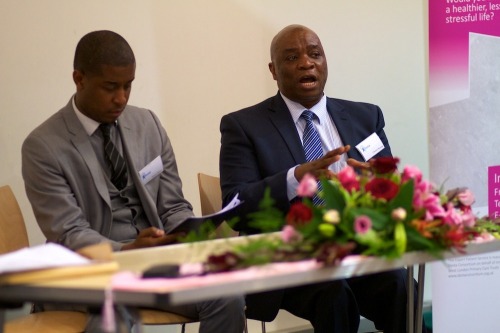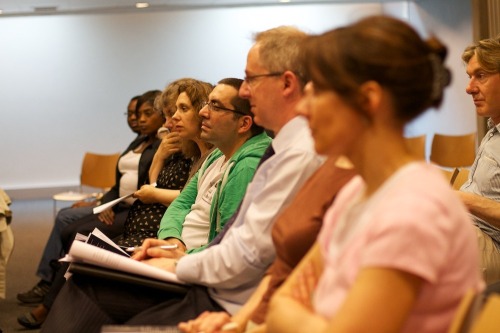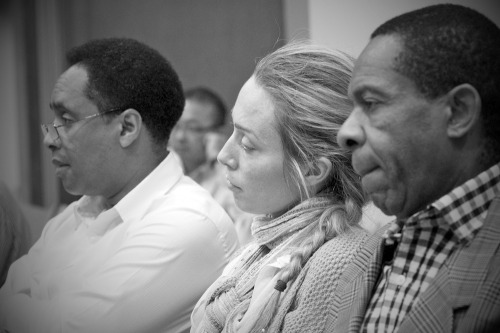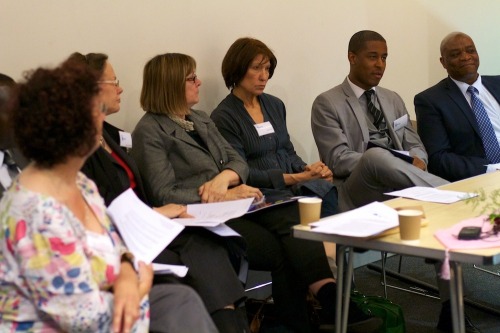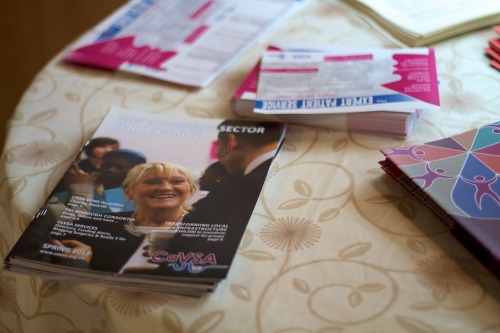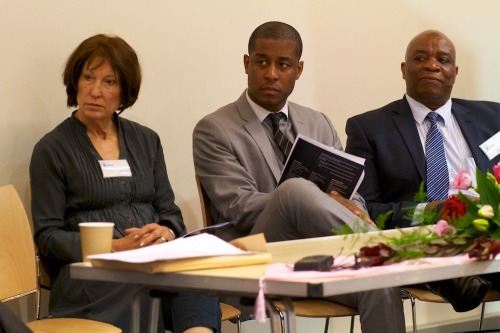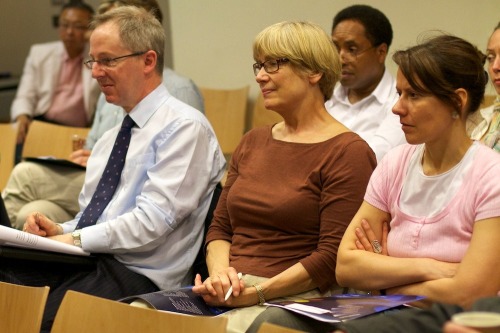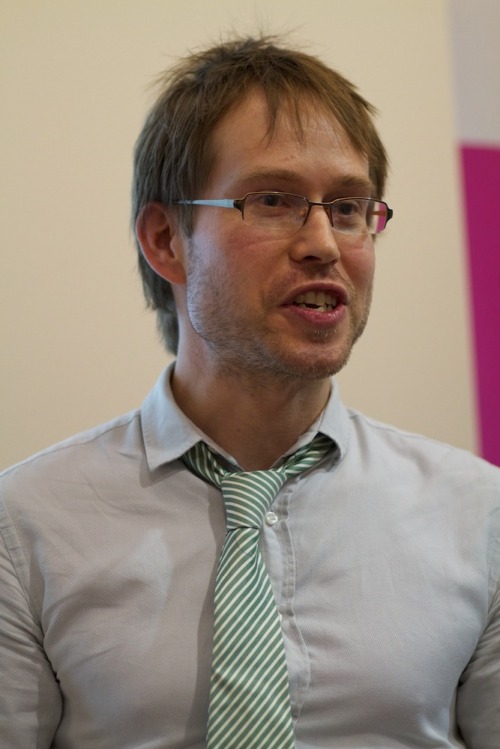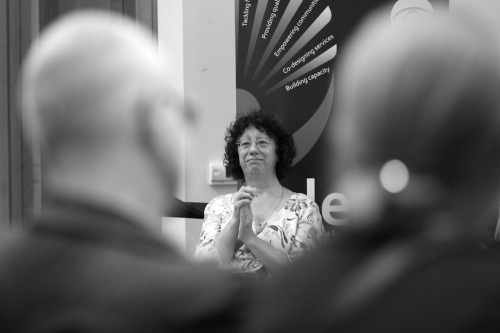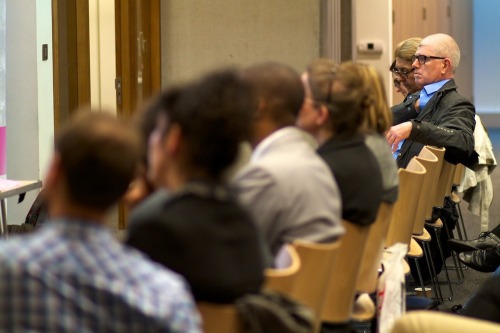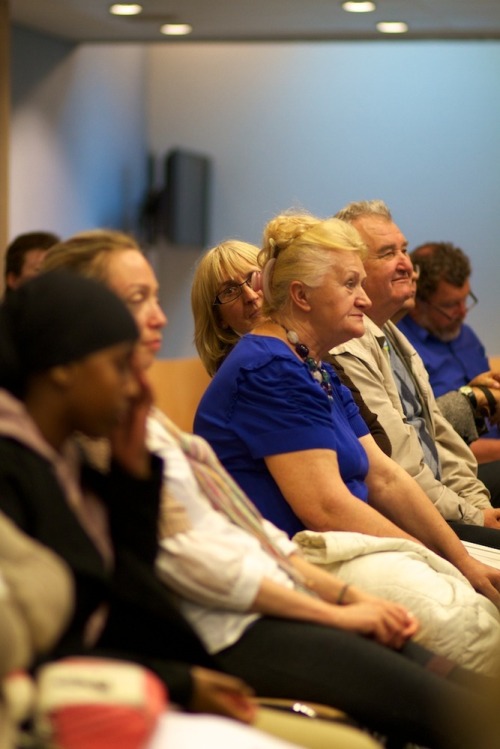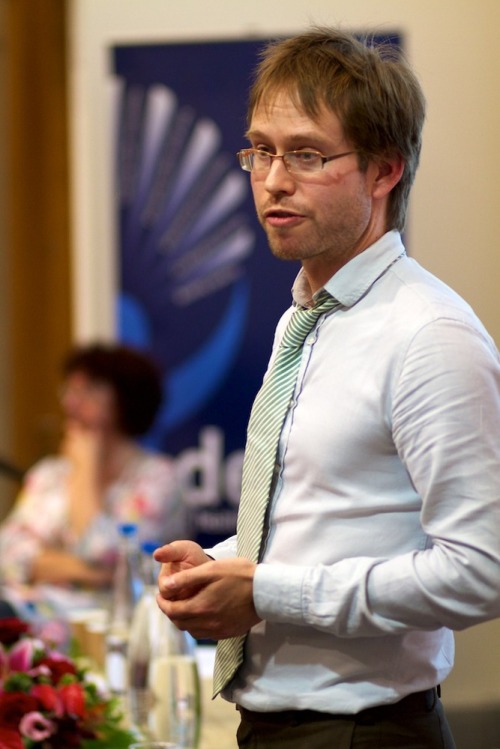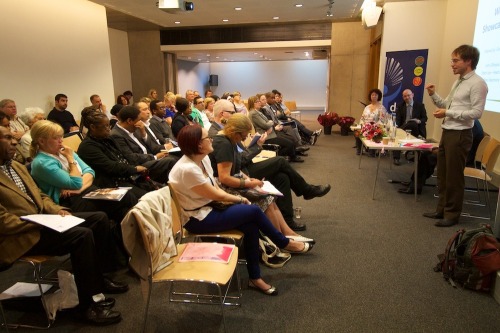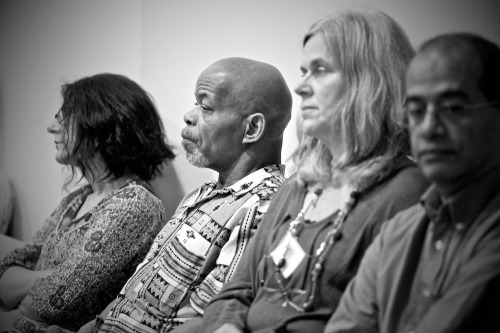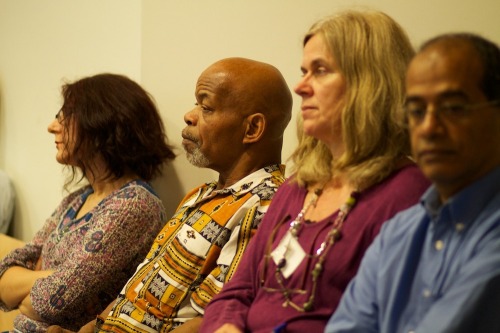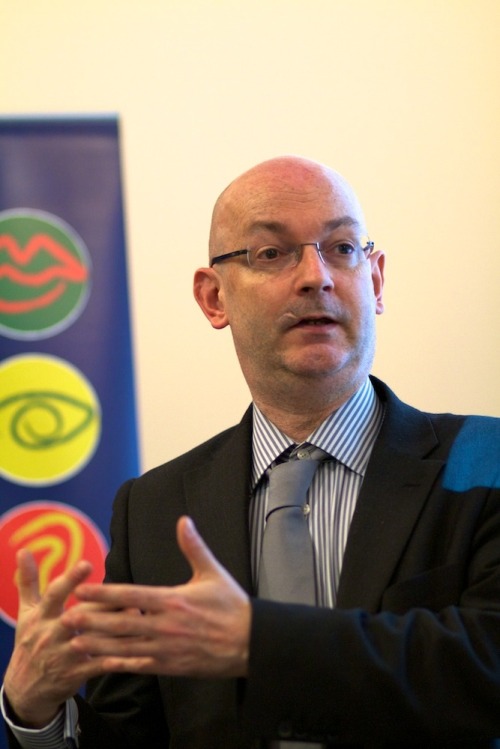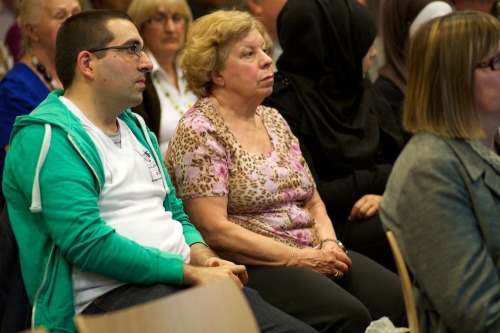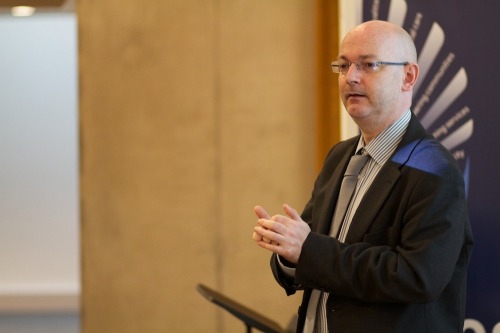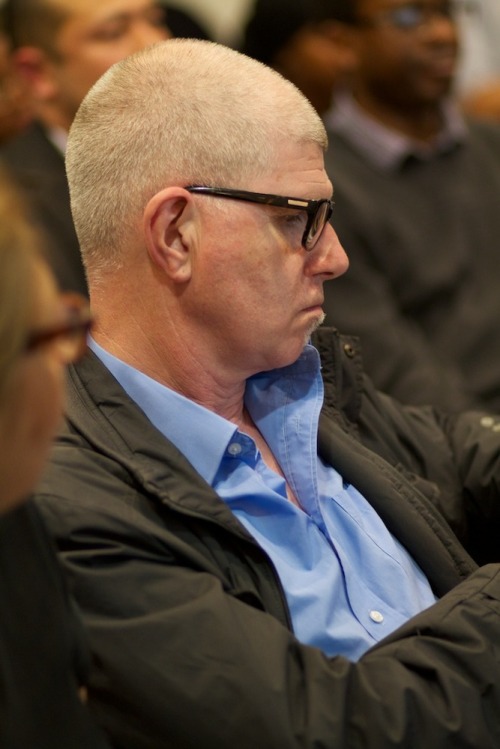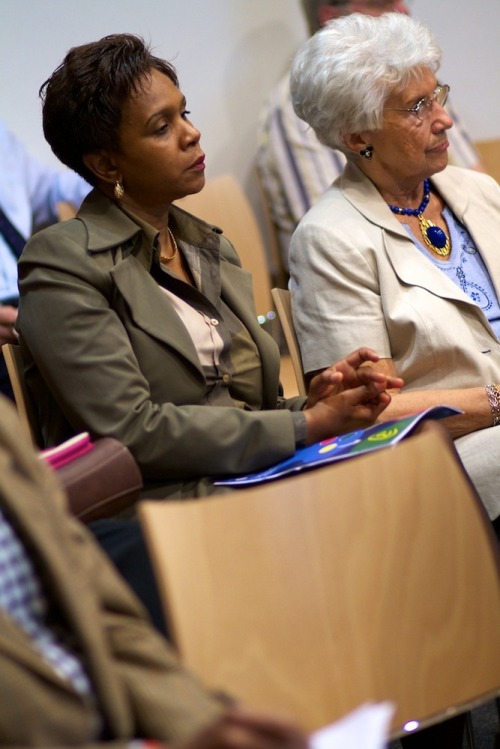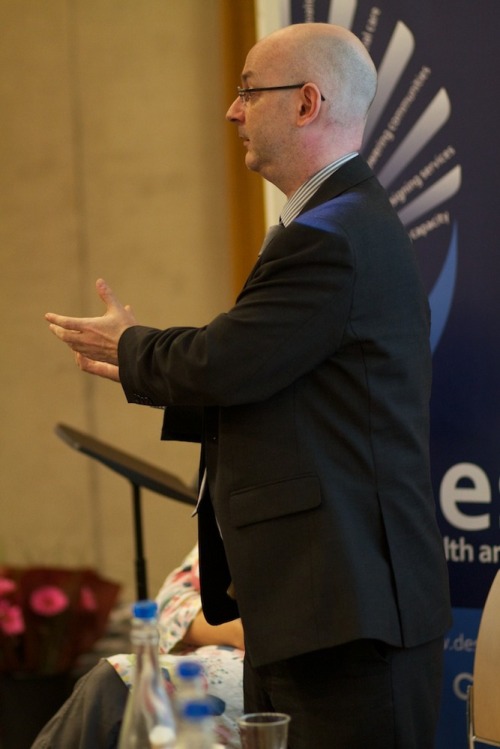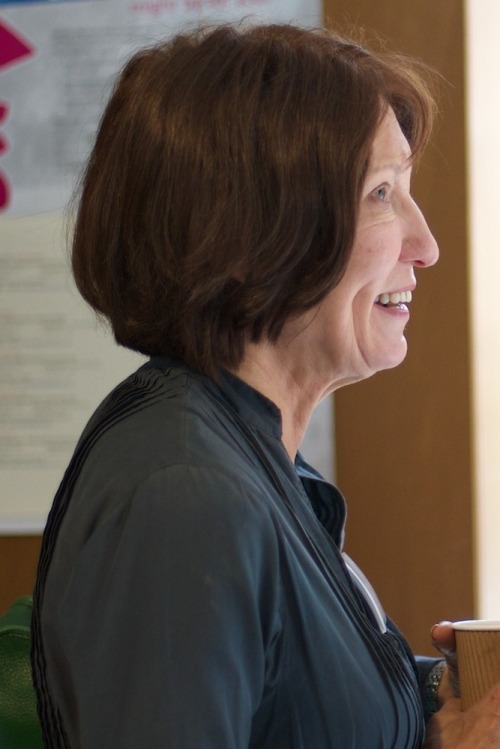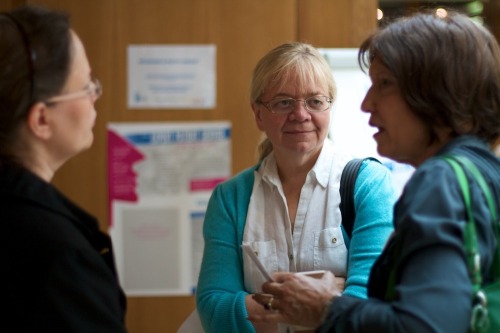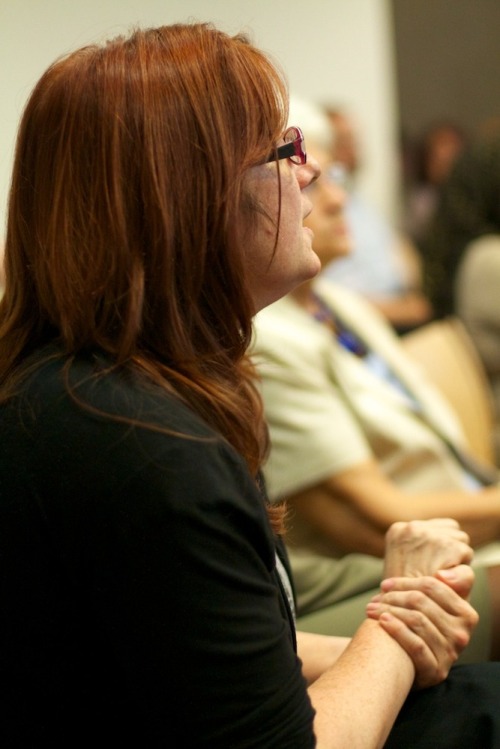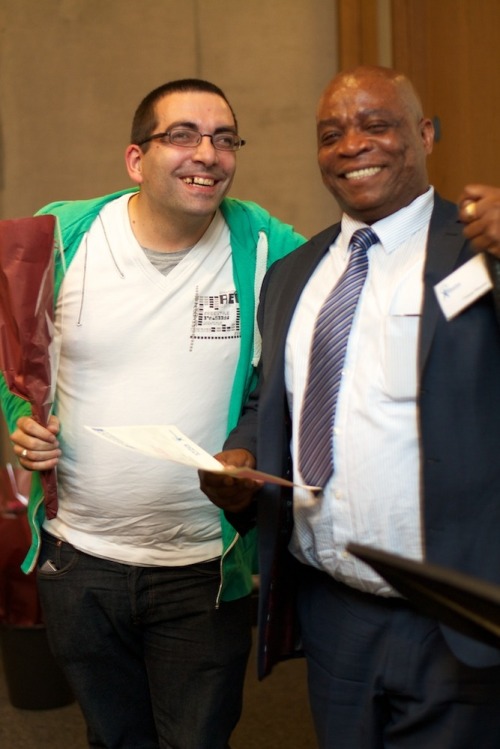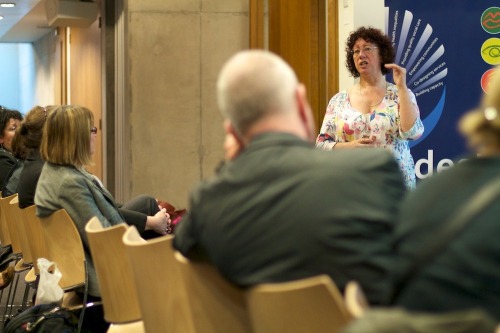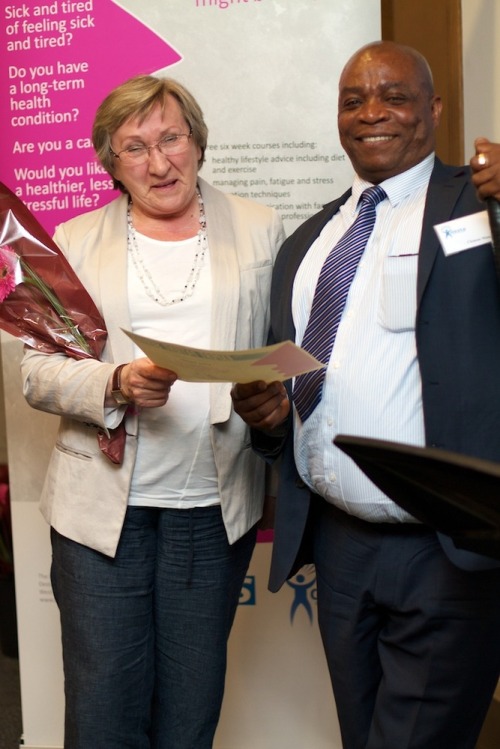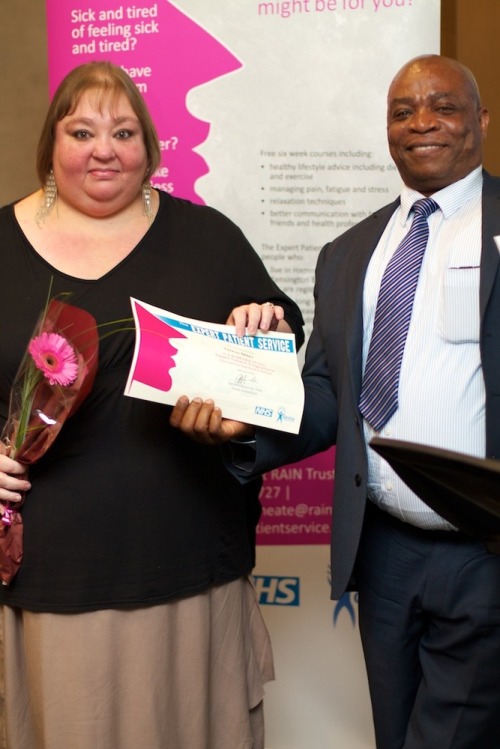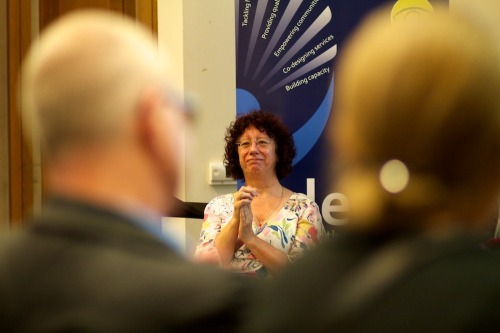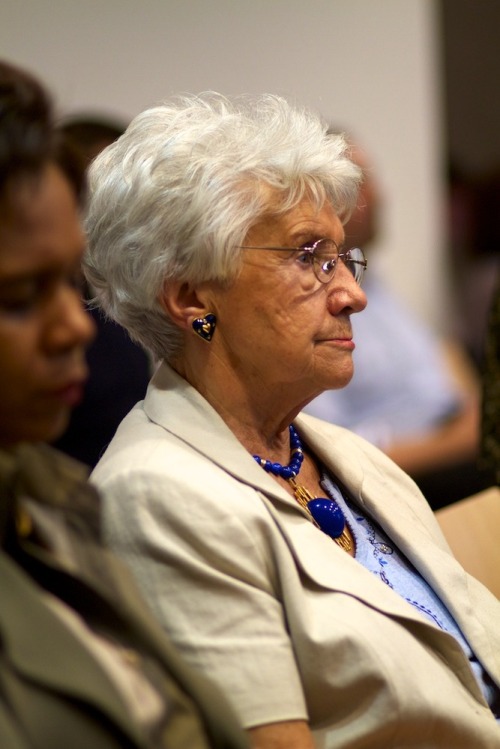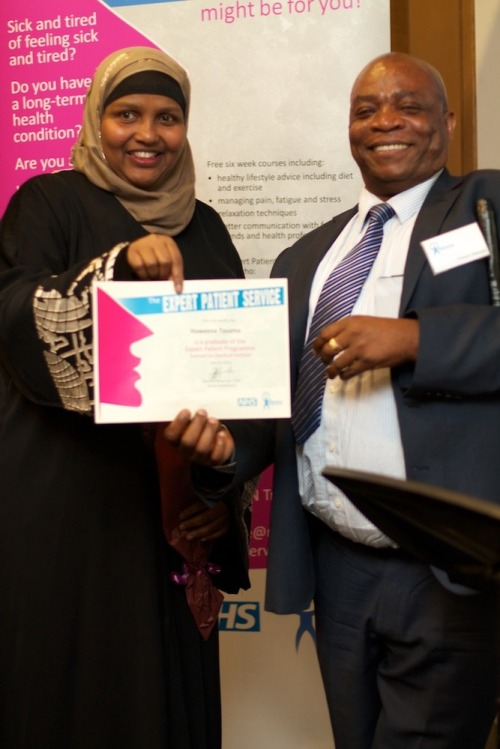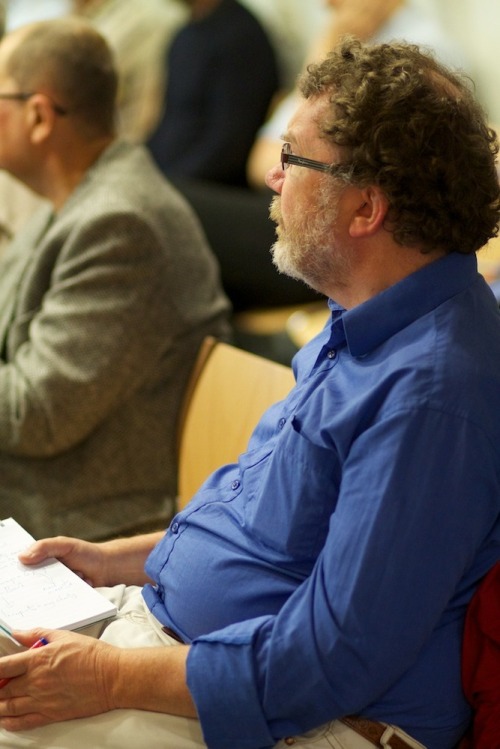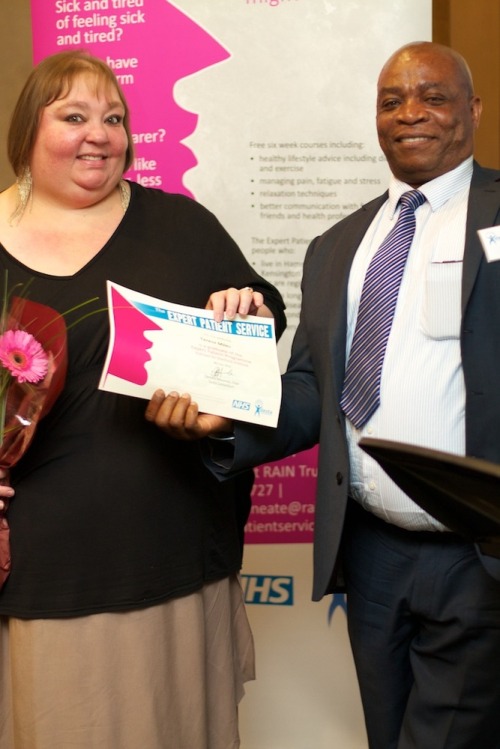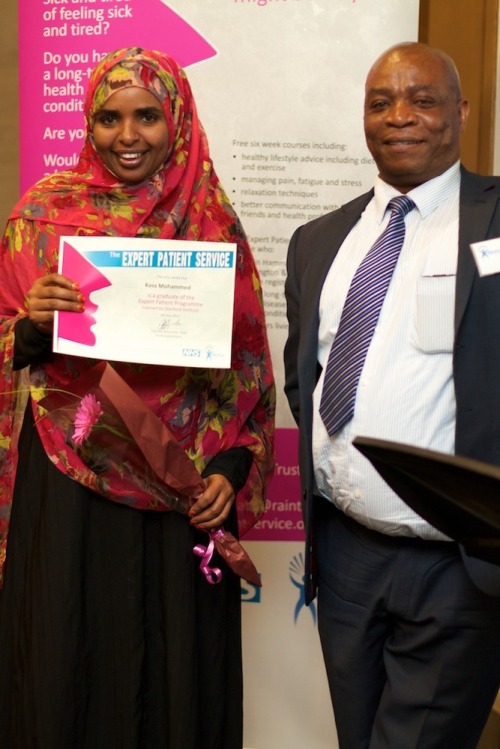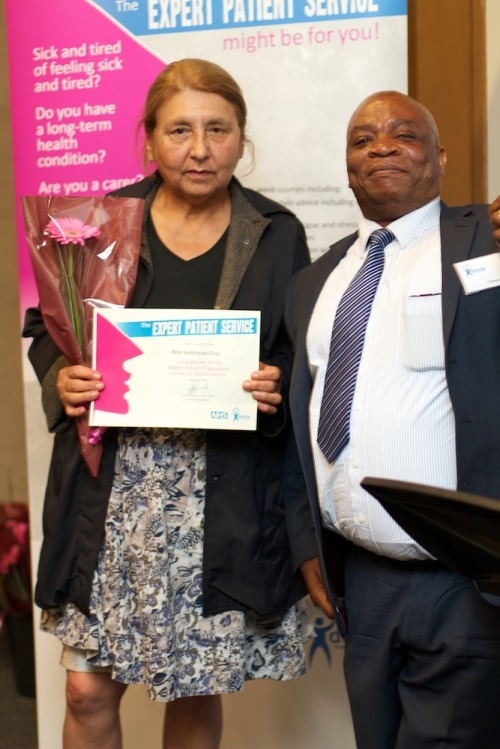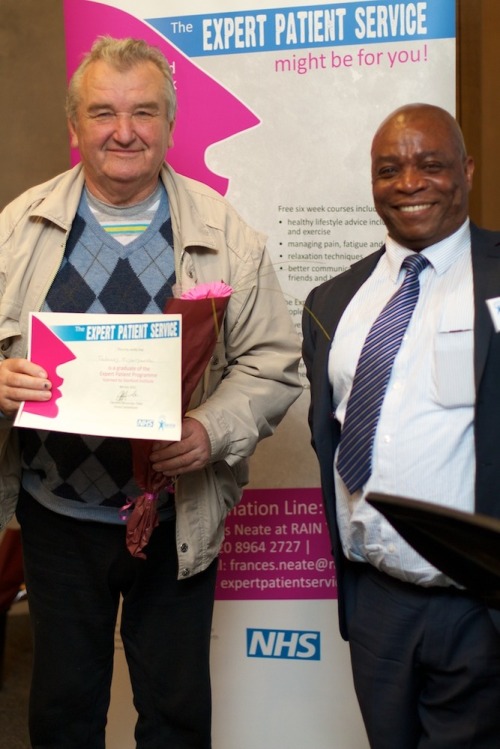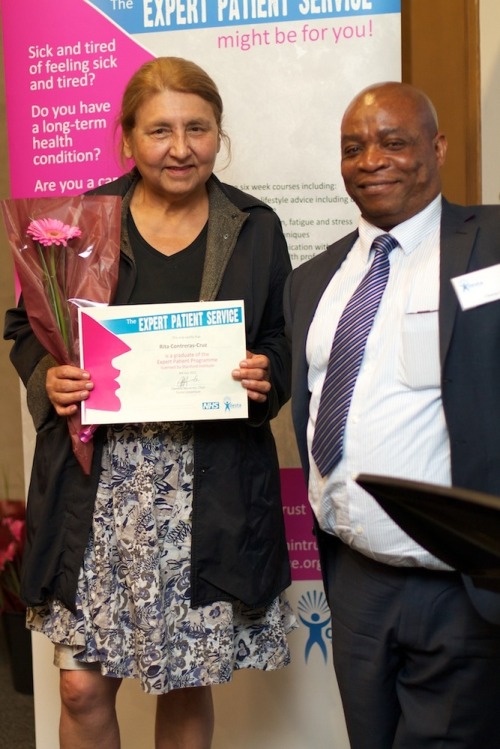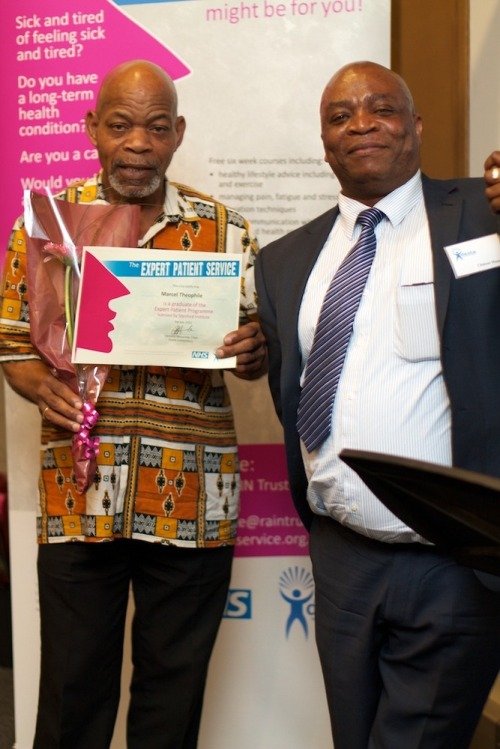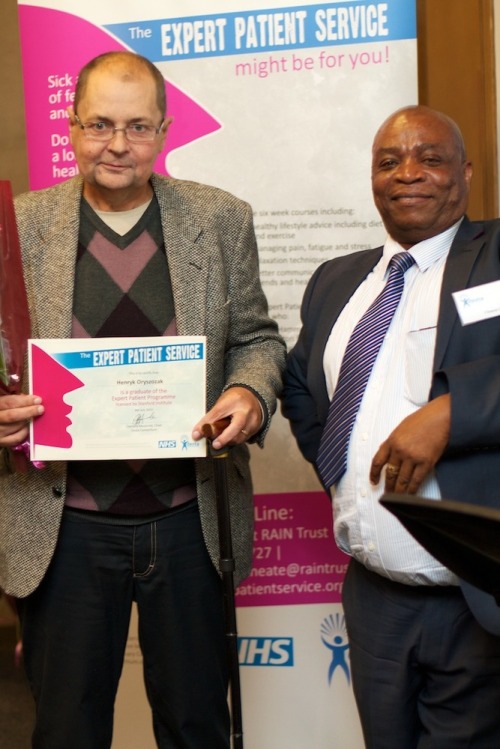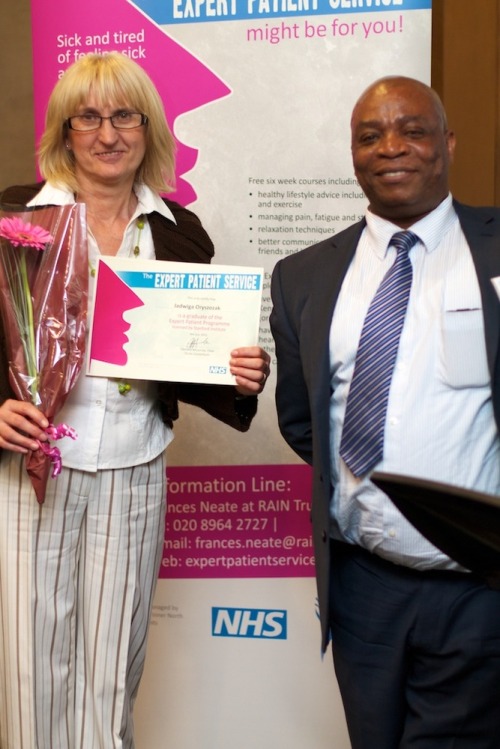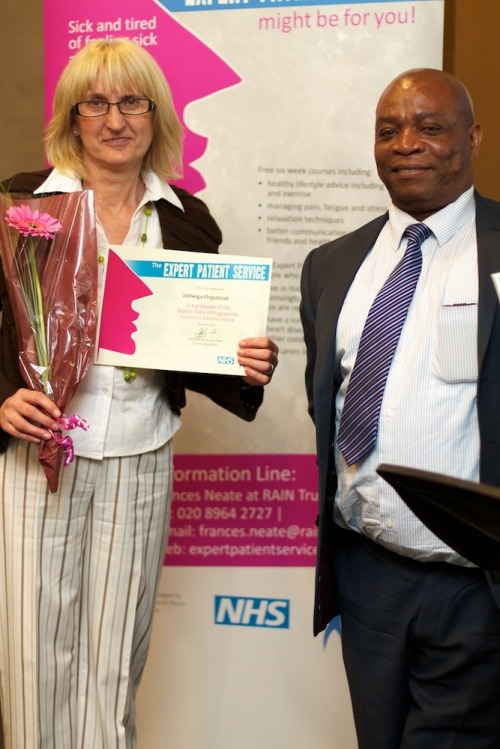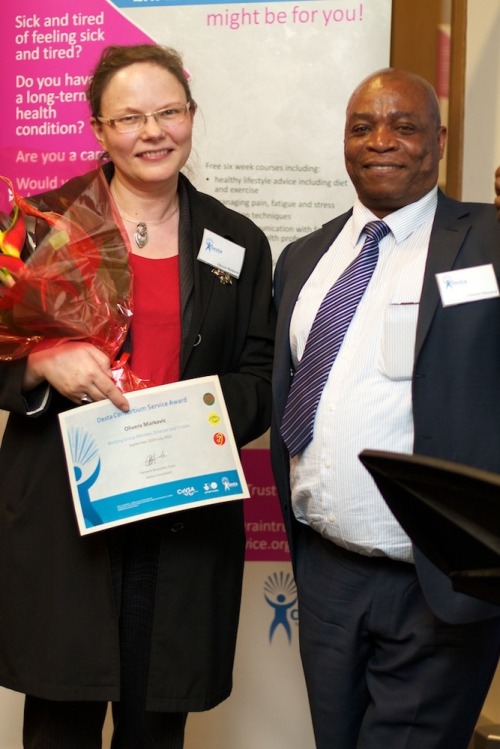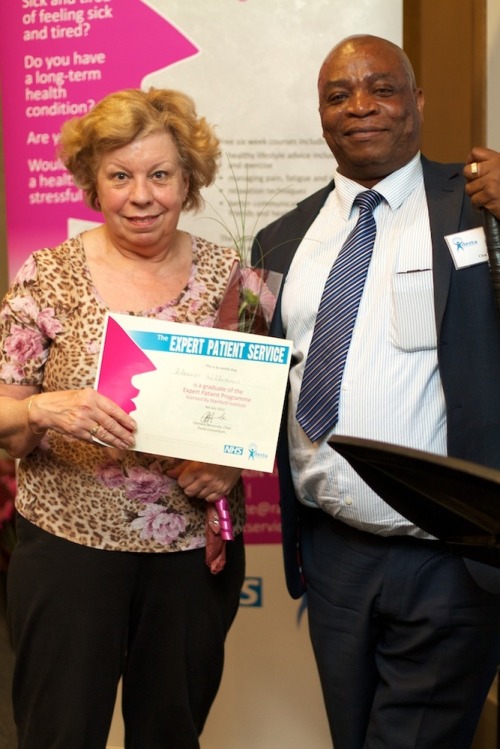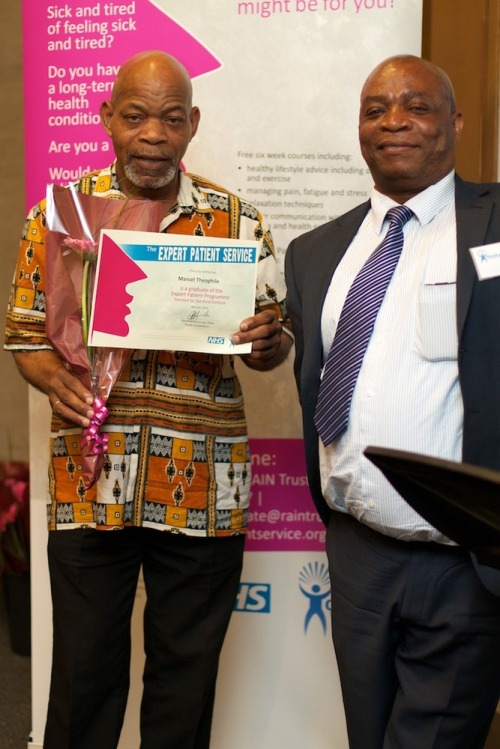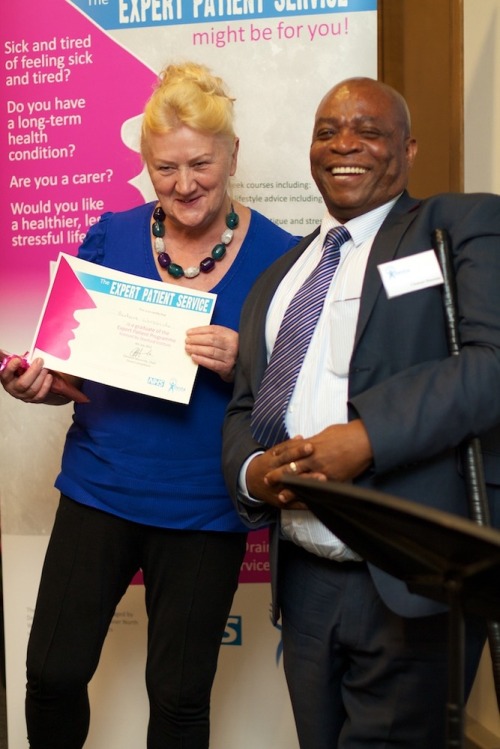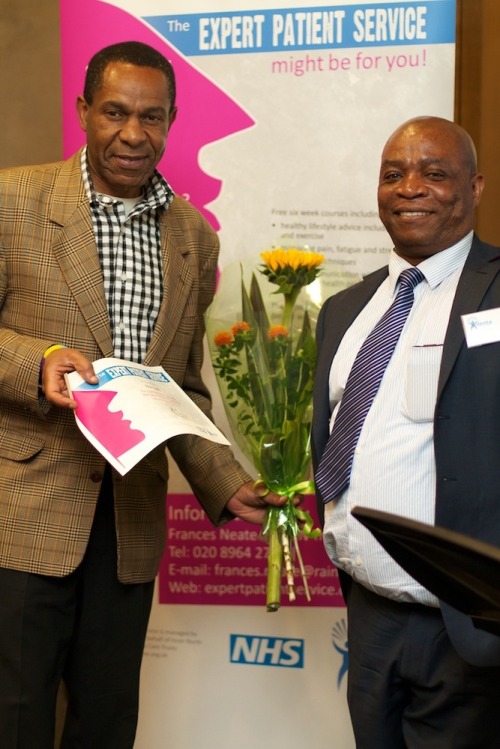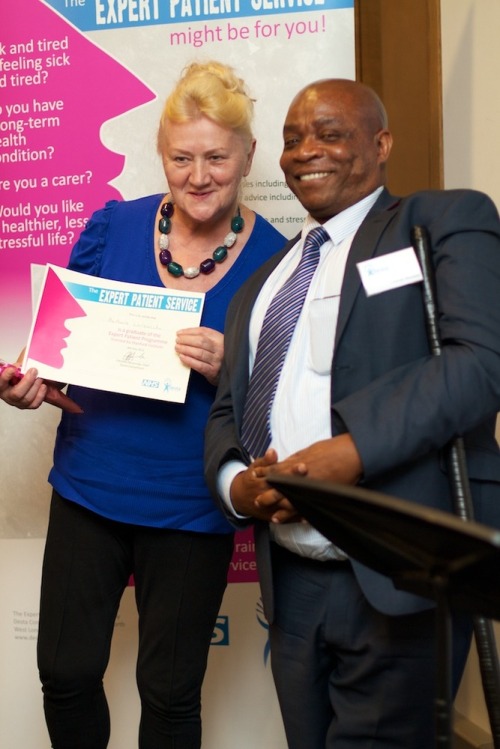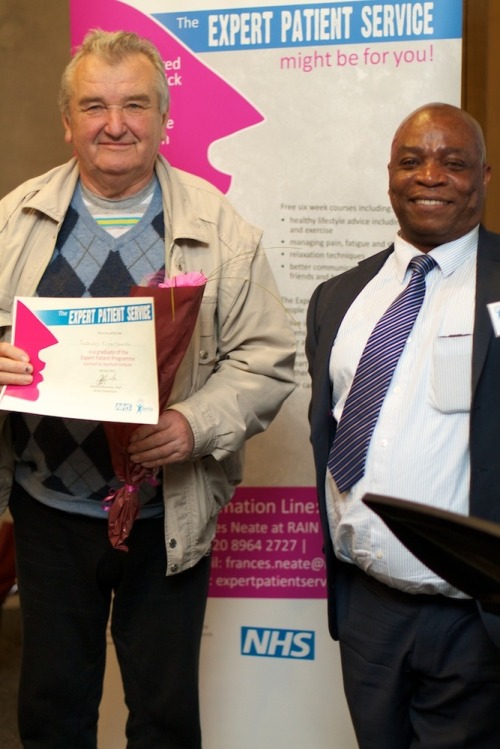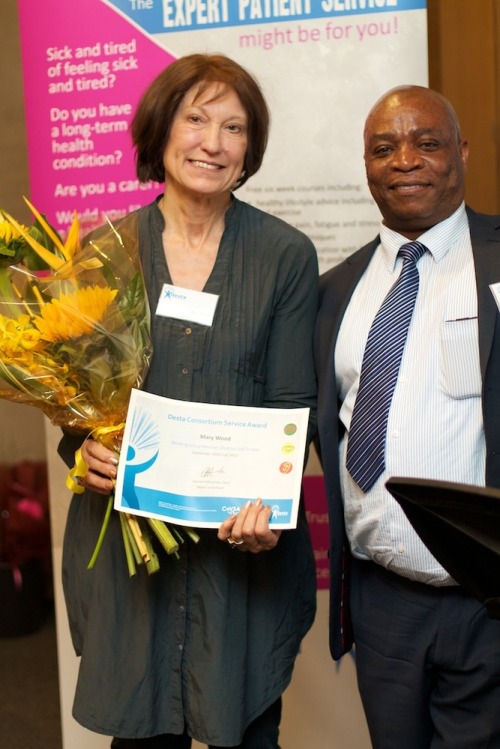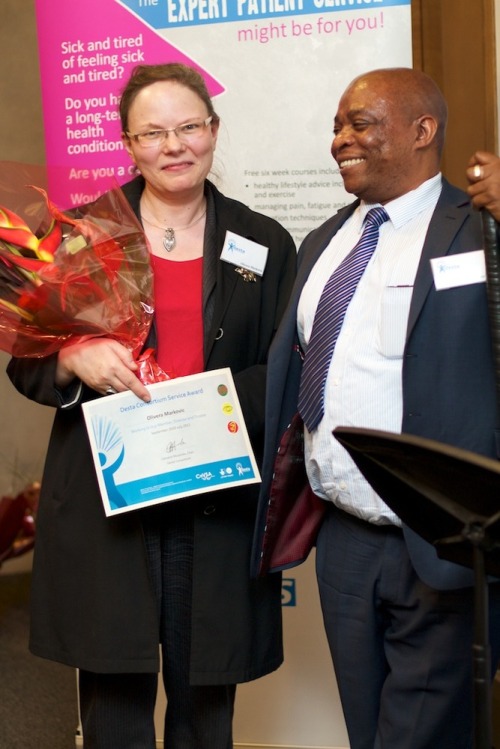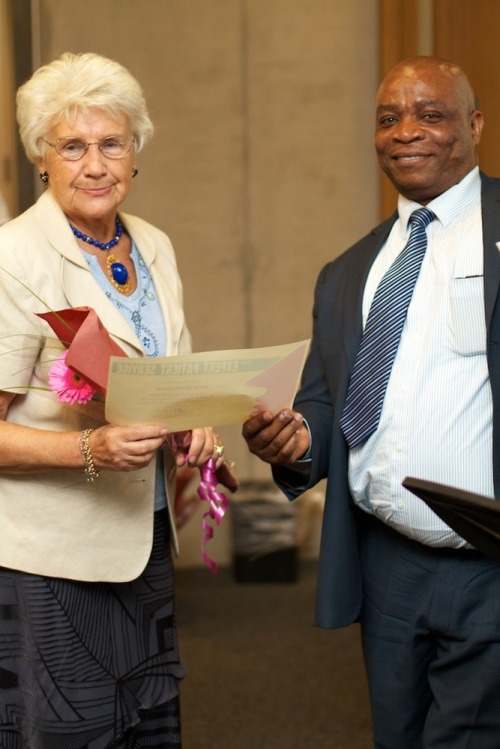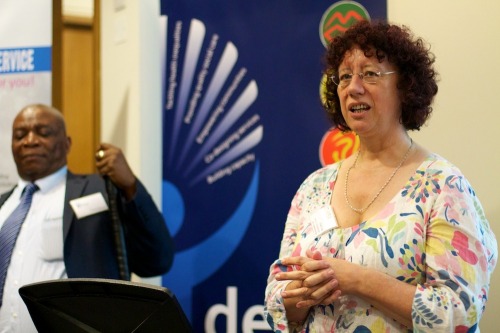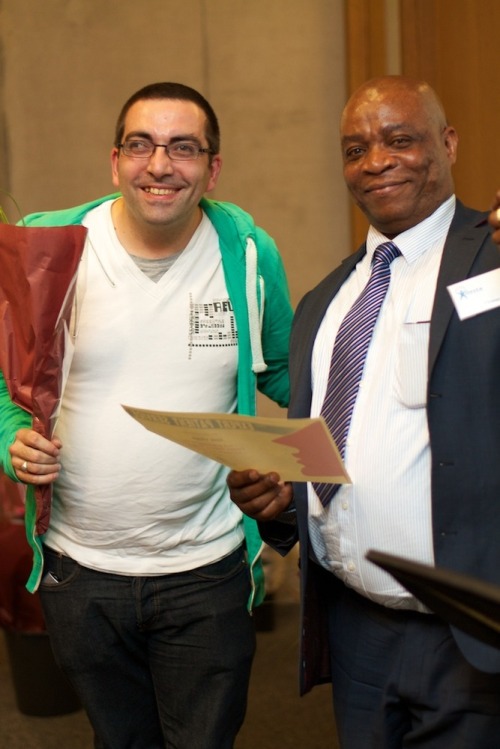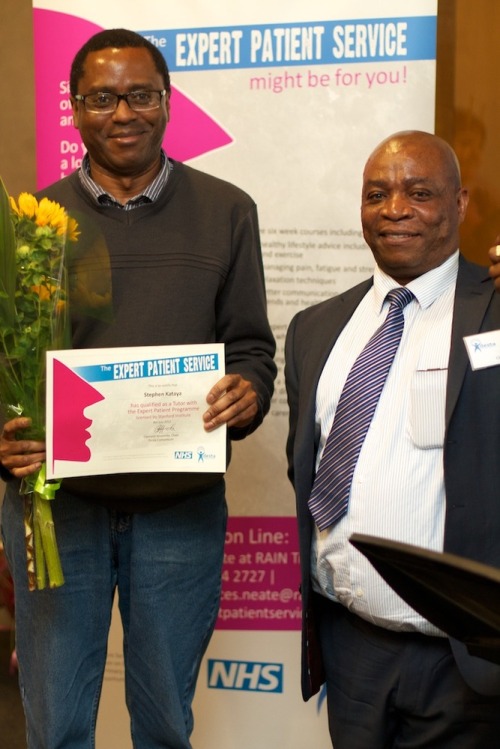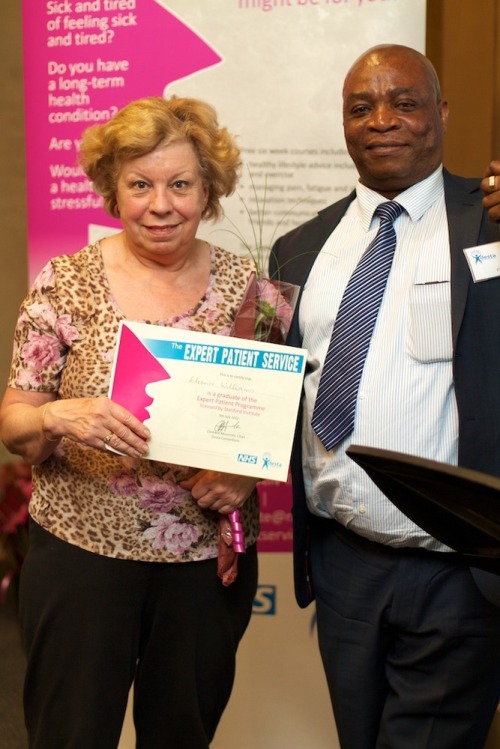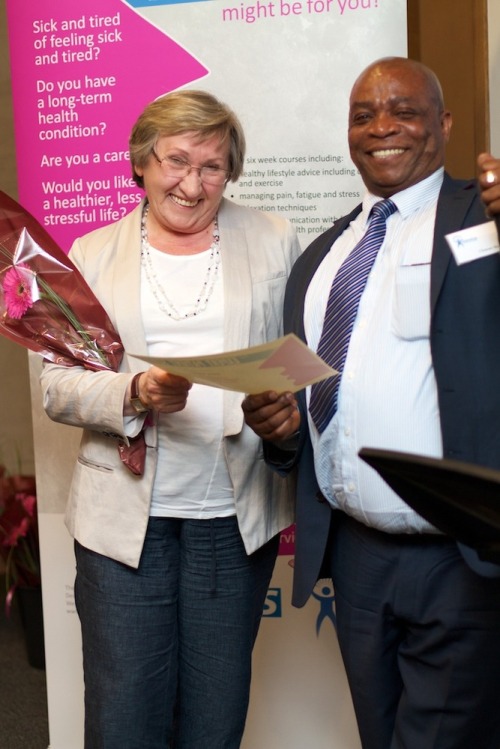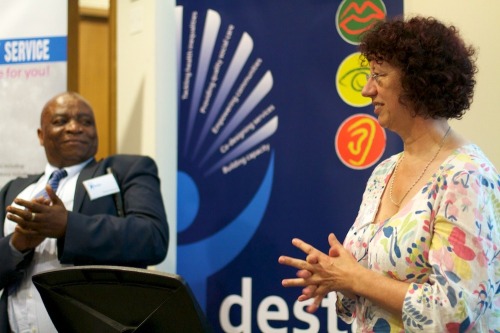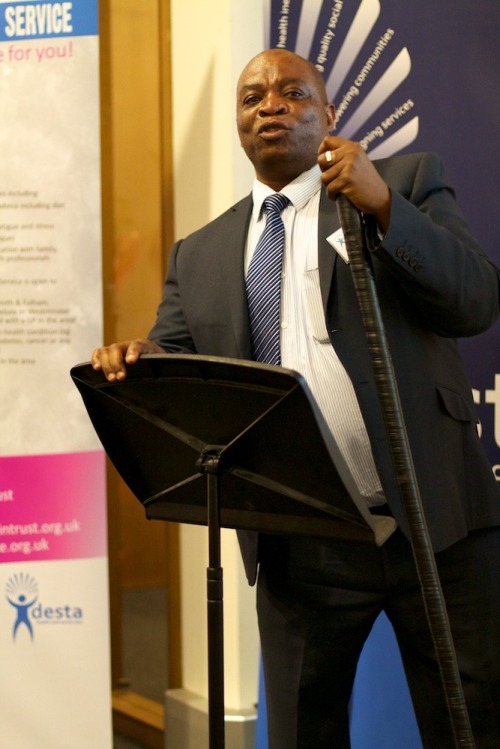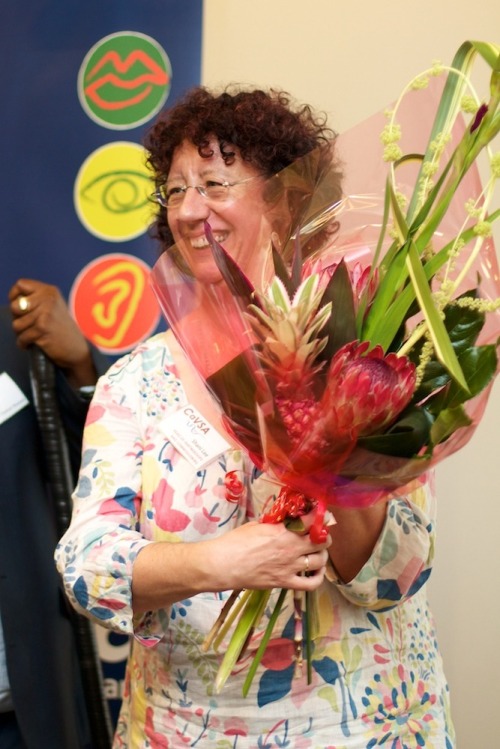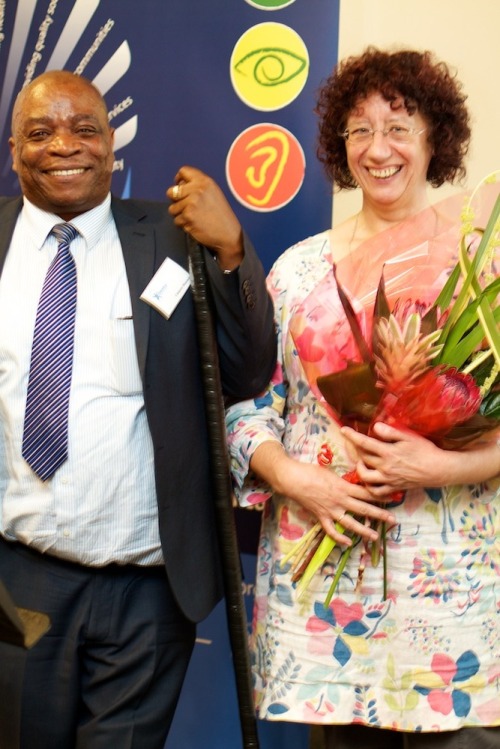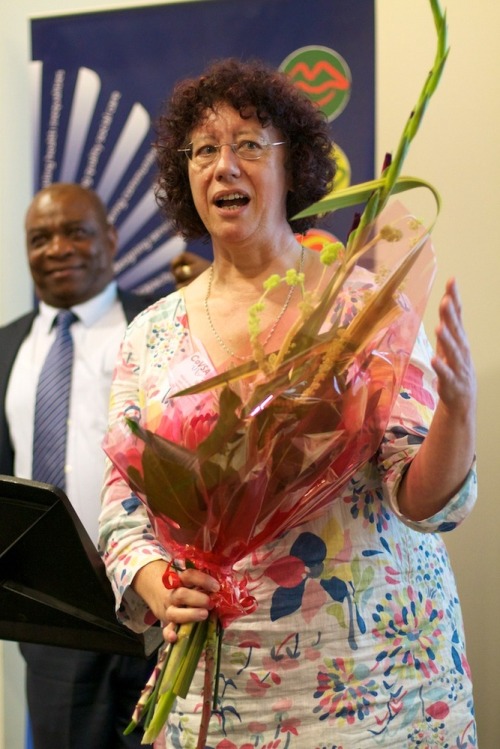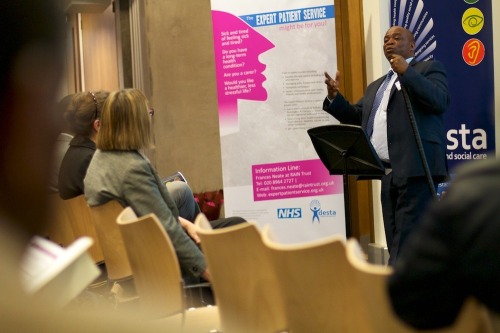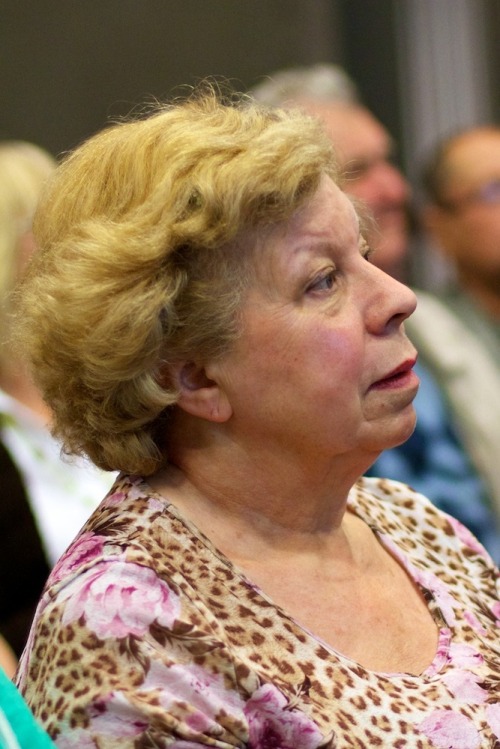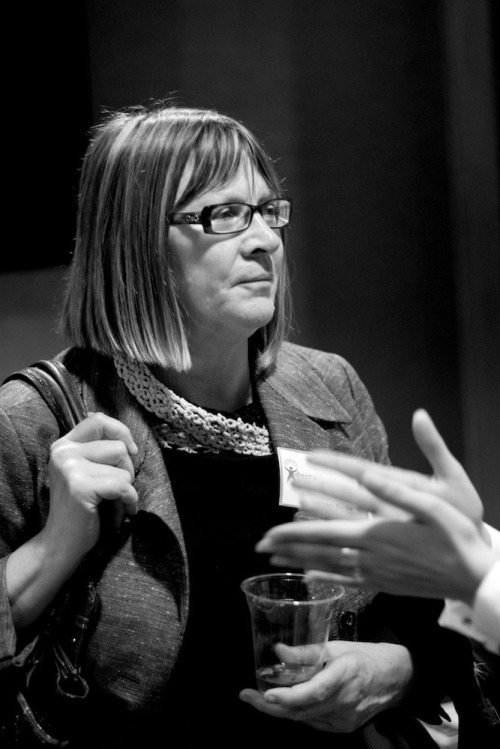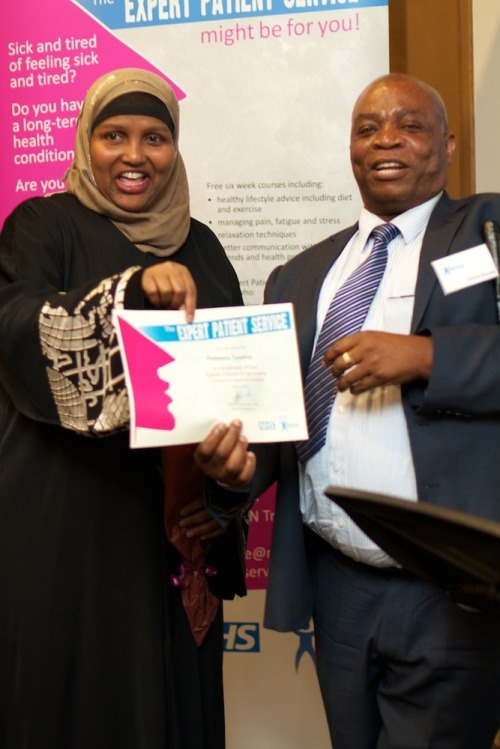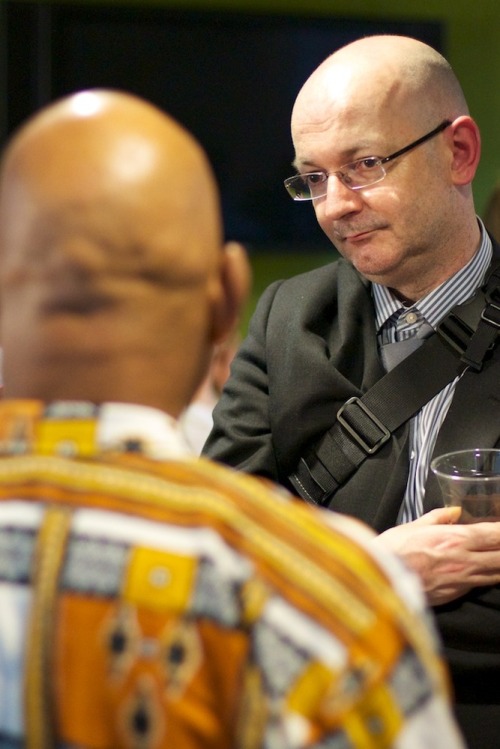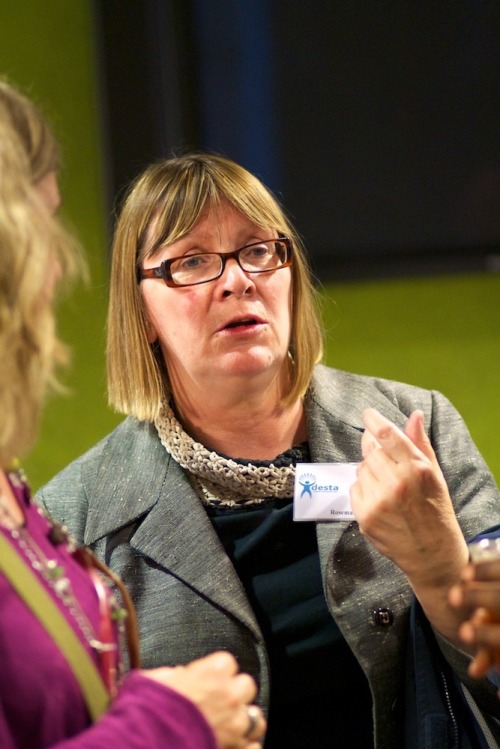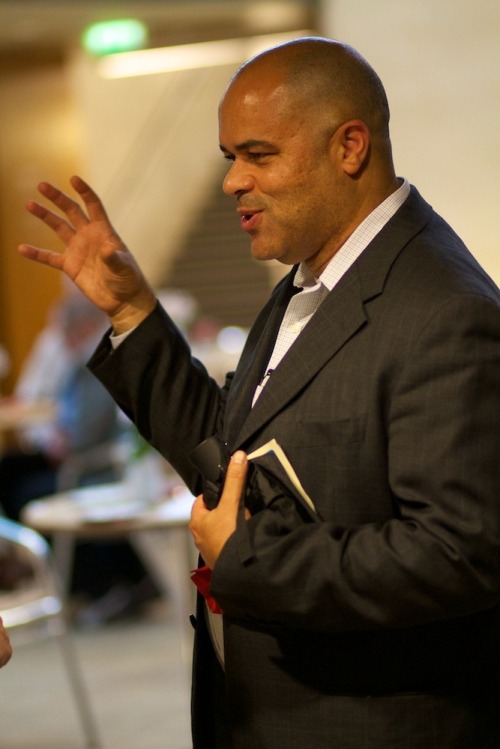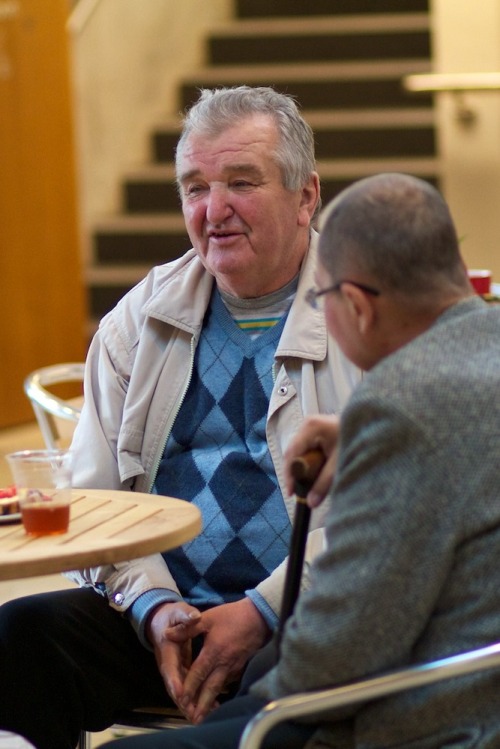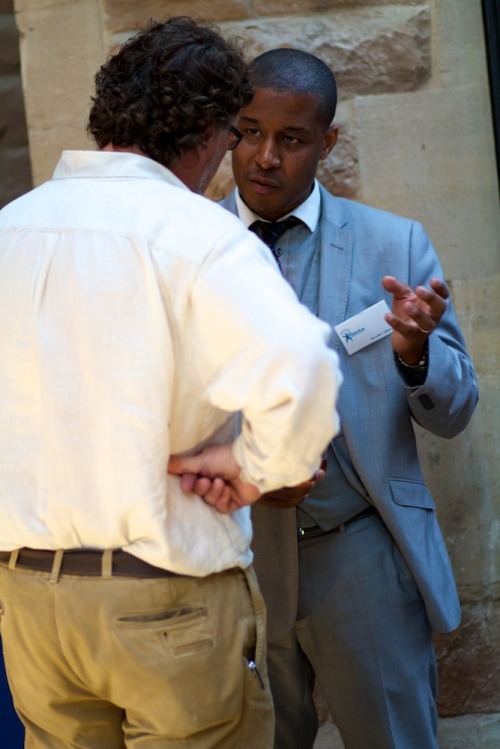Are you thinking of starting a voluntary sector consortium? What advice do people who have already done it wish they had known when they started?
There is indeed plenty of appetite for developing consortia now, and many commissioning bodies are coming forward with interest in commissioning from consortia.
A recent ACEVO approach to local authorities for example found that one in three people that we spoke to had some interest in working with ACEVO to develop local consortia. Yet some developing consortia nonetheless encounter difficulties – think of the recent demise of Bedford-based consortia “Consortico”, which went under recently before it had won its first contract.
Examples like Consortico make the headlines but failures must be balanced with the many more examples of consortia that are quietly getting on with delivering services. For example, Desta Consortium in west London recently celebrated its first six months delivering an Expert Patients programme and Greater Together, a Lancashire-based youth consortium, recently won its first substantial youth support contract.
New consortia are starting all the time. ACEVO published a new Consortia Development Toolkit earlier in the year, and the questions that development workers and CEOs most frequently ask is what can they do to give themselves the best shot at success. Having talked to a number of consortia in preparing the Toolkit, here are my five top tips:
Develop good relationships with commissioners
The worst case scenario for newly developed consortia is that, having gone through the whole process of setting up, they find that there are no contracts available to match their service delivery area. The best way to avoid this outcome is to keep close contact with commissioners. Then you can avoid getting too far down the road if it looks like there won’t be opportunities. Sometimes commissioners don’t understand how a consortium works, and hence they don’t know how to commission from it.
One example is commissioners asking for PQQ submissions from all the members of a consortium, rather than a single submission from the consortium itself. In practice, this only calls for a little flexibility and common sense in knowing when to invoke standard practices. To give yourselves the best chance, it is advisable to meet regularly with commissioners through the duration of your development process. Development workers at Desta consortium, for example, had fortnightly meetings with commissioning staff.
Build your consortium in a strategic way rather than looking to short-term imperatives
If you focus on a single contract then it is likely you will get a consortium that matches your needs in delivering that contract. This may, however, be the wrong vehicle to support the longer-term strategic needs of the sector. Paradoxically, it can also be harder work to build a narrower collaboration because the broader interests that come to bear from taking a more strategic viewpoint get lost in the self-interested positioning that can go on around a single opportunity.
Taking the focus away from the immediate opportunity is therefore a good way of securing buy in and asking the more important questions about whether there is a willingness to build lasting, more enduring partnerships to advance the interests of the local sector.
There has to be a willingness to collaborate and the impetus to work together can come from a number of directions. It may be that your organisation is the one keen to collaborate and others aren’t, or sometimes it is commissioners that are very keen to see collaboration.
An important lesson for me in facilitating consortium building has been that it is no use trying to make people do what they don’t want to do. Although it might seem like there should be an incentive for organisations to develop a consortium, if they don’t want to, it isn’t going to work. A consortium won’t always be the best way of advancing the local sector’s interests.
Develop a ‘fit for purpose’ structure
There isn’t a single one size fits all structure that will capture the needs of all consortia. There are a number of off the peg models such as “lead agent” and “hub and spokes” models, however, it is important that consortia choose the model that will work best for them.
Some consortia have gone down the route of constituting a new SPV only to discover that the volume of contracts doesn’t warrant the work needed to create a new infrastructure. Others have started out as lead agent models and made the transition to hub and spokes. It can be better to make this shift having discovered that the needs of the consortia are better delivered through an independent vehicle, than start out with this as the overriding ambition.
Don’t try to shortcut the business planning process
It is tempting to seek to minimise the amount of work that goes into developing a consortium’s business strategy. Consortia do so at their peril. A properly developed business strategy will inform later decisions about the type of structure best suited to delivery. It will also help you to identify the actions most likely to win business for the consortia, and to be realistic about the length of time it may take you to win a first contract.
This content is brought to you by Guardian Professional. To join the voluntary sector network, click here.



